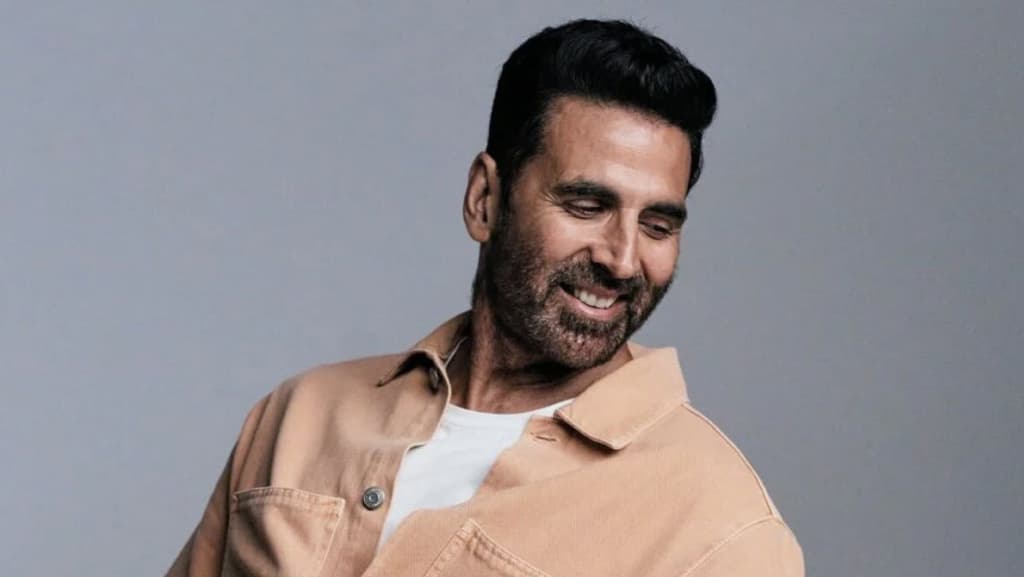
Bombay High Court Grants Akshay Kumar Protection From AI Deepfakes
Court recognises personality rights; calls AI-generated impersonations a grave threat to public order and personal safety.
The Bombay High Court has granted actor Akshay Kumar urgent interim protection over his personality rights, restraining social media platforms, e-commerce sites, and AI content creators from using his name, image, likeness, or voice without consent.
Justice Arif S Doctor, sitting as a single judge, observed that the “realistic nature of deepfake images and videos” generated through artificial intelligence was “deeply concerning”, warning that such fabrications not only violated Kumar’s personality and moral rights but also posed a “grave threat” to public order and the safety of his family.
“The deepfake video of the Plaintiff making communally inflammatory statements and remarks about Rishi Valmiki is deeply concerning. The consequences that can arise from such content being disseminated are indeed most grave and serious... such content needs to be removed from the public domain immediately, not only in the interest of the Plaintiff but also in the larger public interest,” the Court said.
Kumar had filed a commercial intellectual property suit seeking to prevent the unauthorised use and exploitation of his persona across digital platforms. The plea invoked Article 21 of the Constitution and provisions of the Copyright Act, 1957, to assert his right to privacy, dignity, and moral rights.
The actor, who has used the screen name “Akshay Kumar” throughout his 35-year film career, argued that deepfakes and AI impersonations had seriously harmed his reputation and public standing.
Among the cited examples were AI-generated videos falsely portraying Kumar as Maharishi Valmiki and Uttar Pradesh Chief Minister Yogi Adityanath, which went viral online and triggered public outrage.
In one instance, a video titled “Maharshi Valmiki – Teaser Trailer | Akshay Kumar as Valmiki” superimposed the actor’s likeness onto dramatic scenes without his knowledge or consent. The “deceptively realistic nature” of the video misled viewers into believing it was authentic, sparking protests in Jalandhar after members of the Valmiki community found the portrayal offensive.
Another fabricated trailer depicted him as Yogi Adityanath and garnered over two million views online. Kumar contended that such misuse infringed his right of publicity, damaged his professional reputation, undermined goodwill built over decades, and jeopardised his upcoming projects.
Justice Doctor noted that the sophistication of modern AI deepfakes makes them almost indistinguishable from genuine footage, rendering them particularly dangerous.
“Both in the context of images and videos, the morphing is so sophisticated and deceptive that it is virtually impossible to discern that the same are not genuine images or videos of the Plaintiff,” the Court observed.
The judge held that Kumar’s name, voice, image, and mannerisms were uniquely associated with him and thus constituted protectable elements of his persona.
Accordingly, the Court issued an ex-parte ad-interim injunction restraining the defendants — including several online intermediaries and e-commerce platforms — from using or imitating Kumar’s name, voice, likeness, or image in any form, including AI-generated or deepfake content and unauthorised merchandise.
Meta (Instagram, Facebook), X Corp (Twitter), and Google were directed to remove infringing content within one week and to act promptly on future complaints. Flipkart, Etsy, and Redbubble were ordered to delete listings selling unauthorised merchandise, while domain registrars were instructed to disclose details of websites misusing the actor’s identity.
The case will next be heard on November 12.
For any enquiries please fill out this form, or contact info@thelawreporters.com and Follow The Law Reporters on WhatsApp Channels